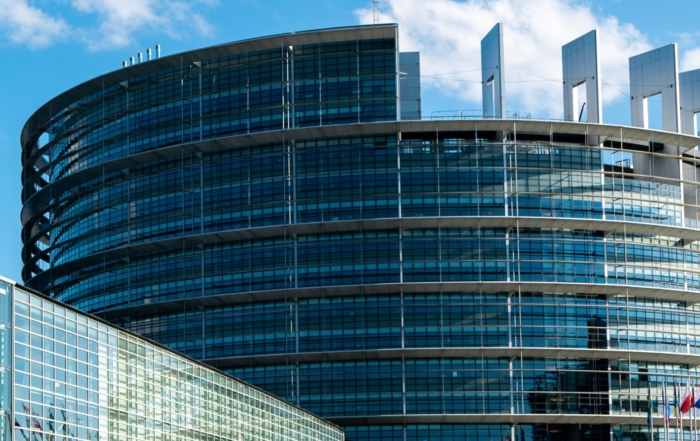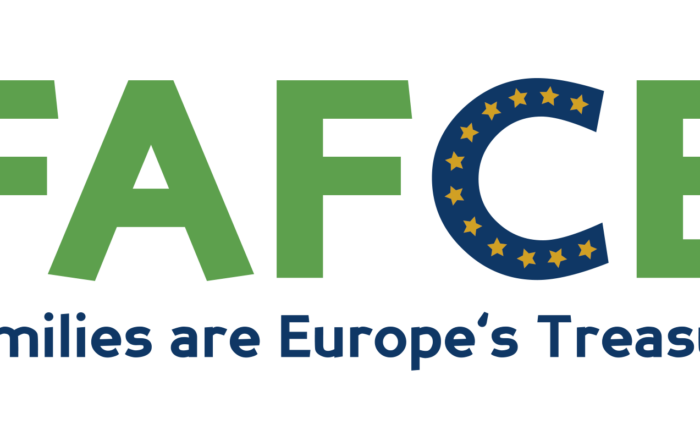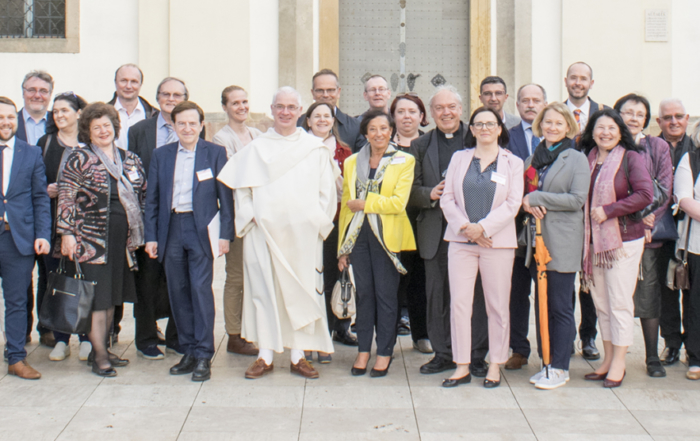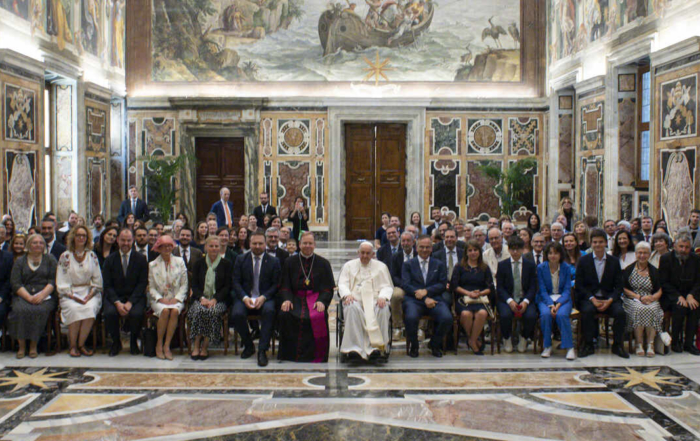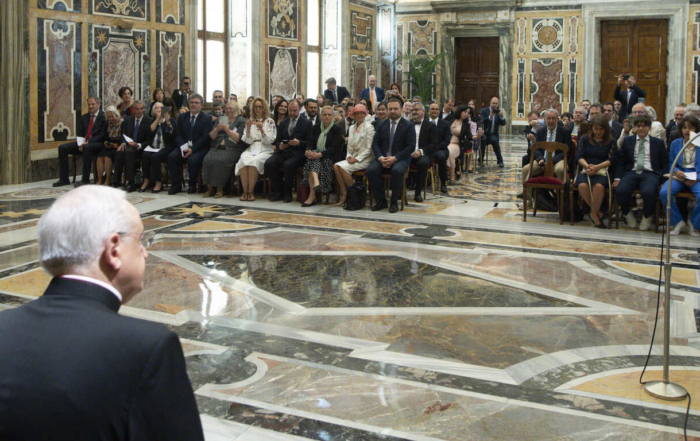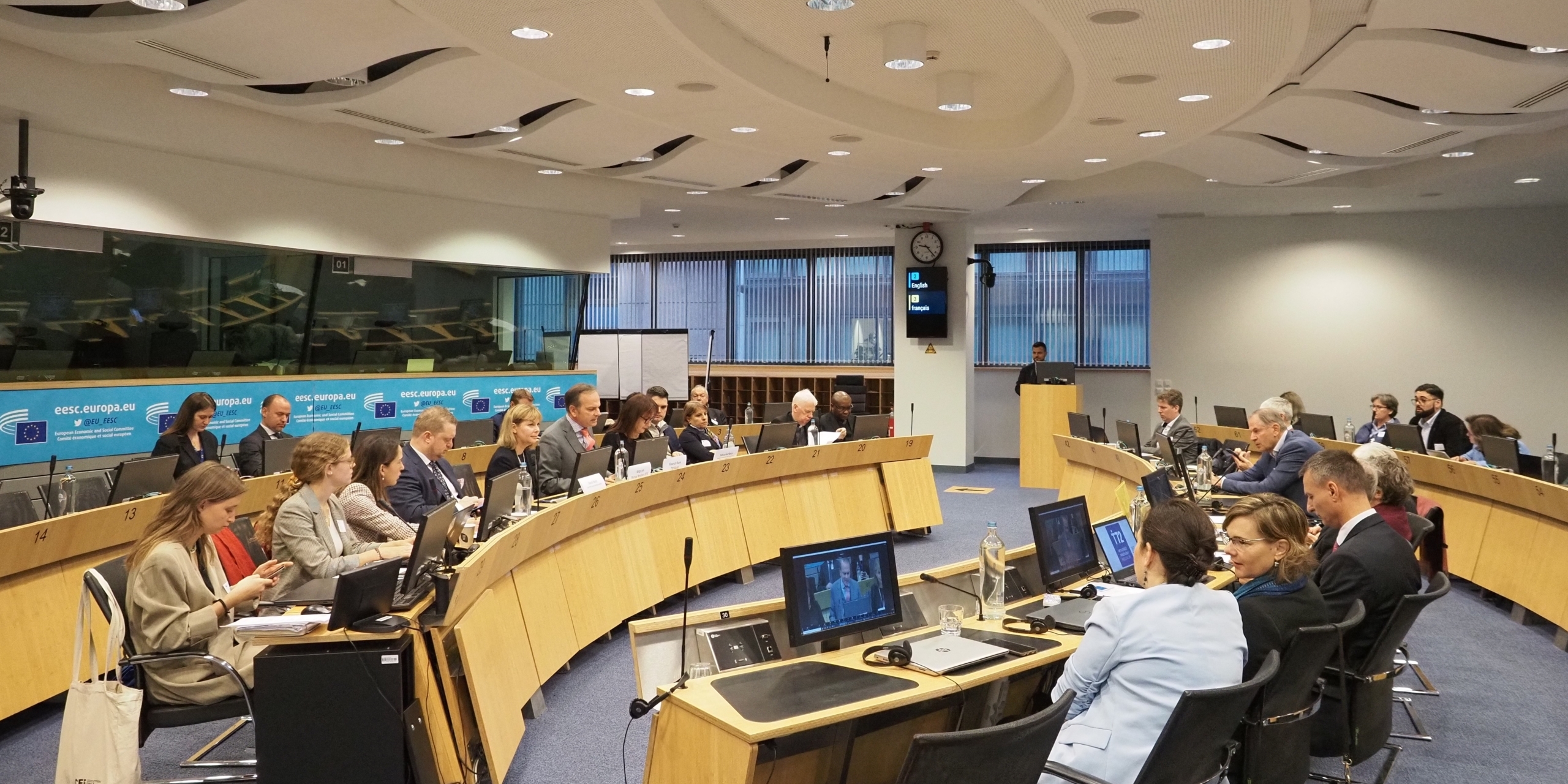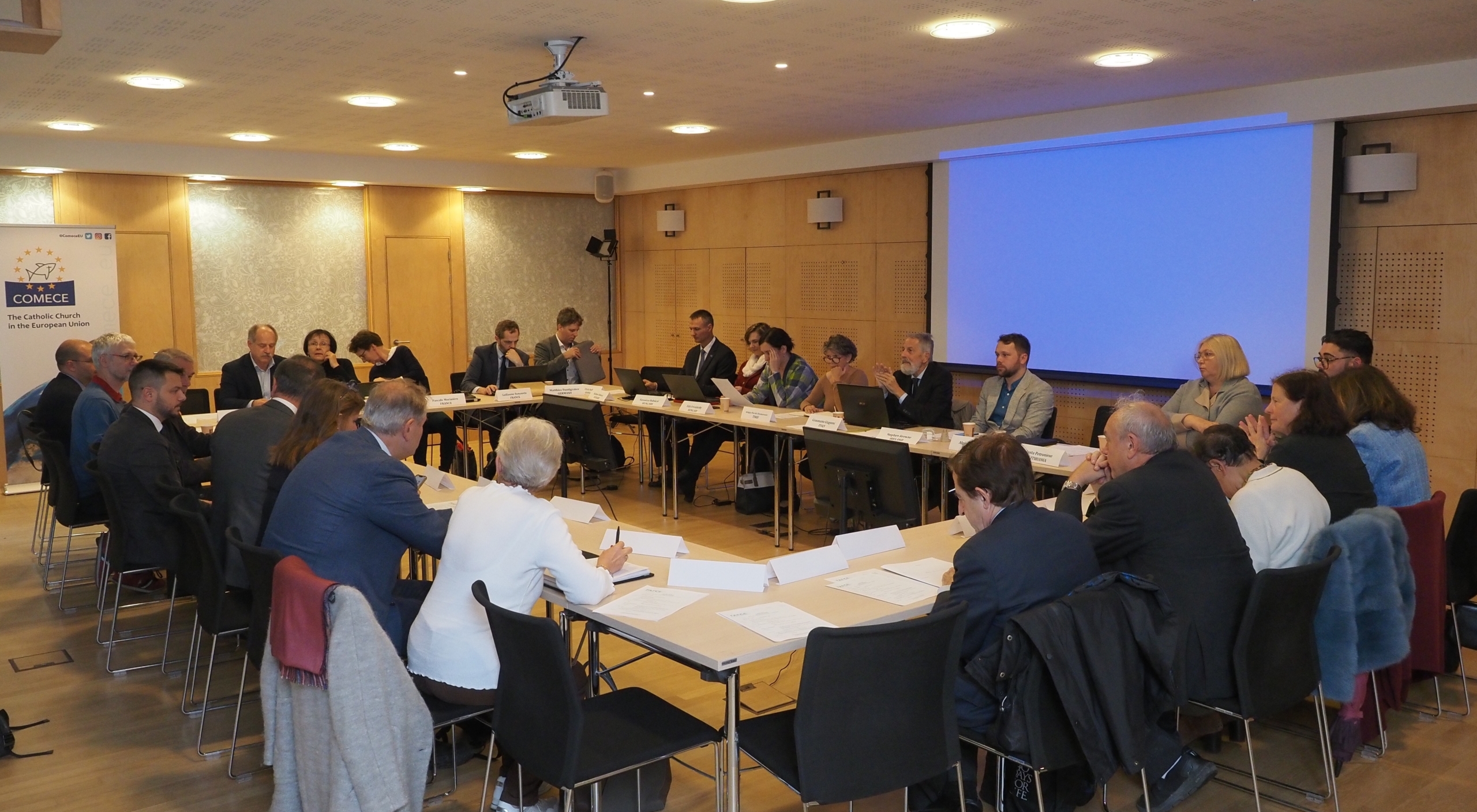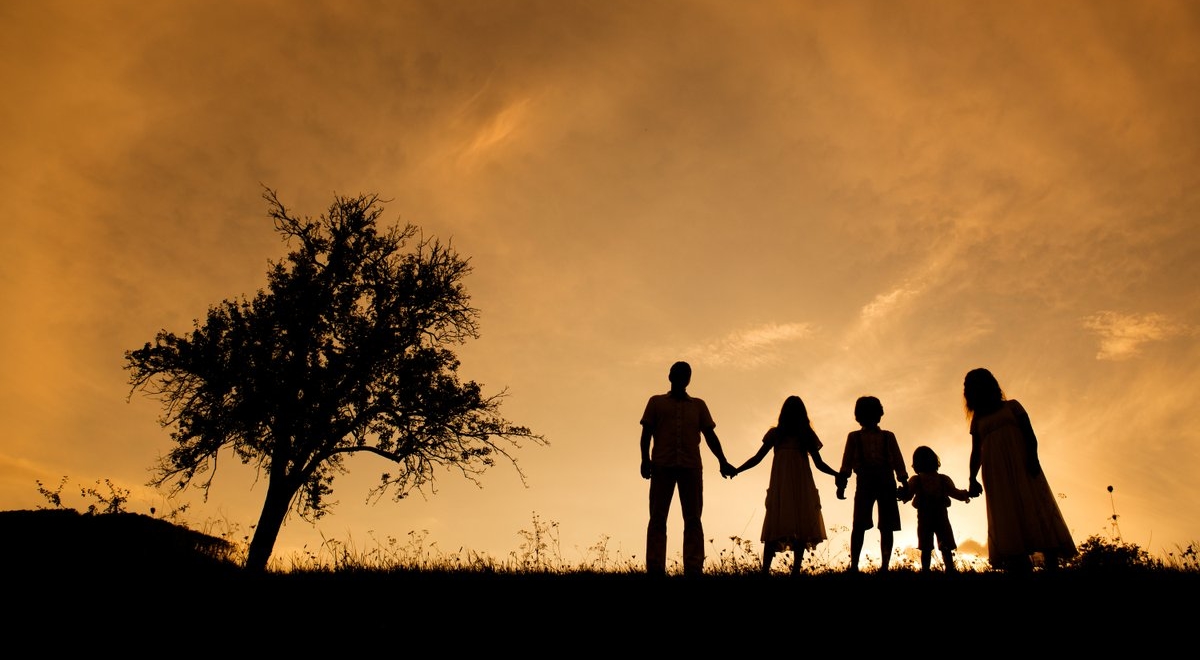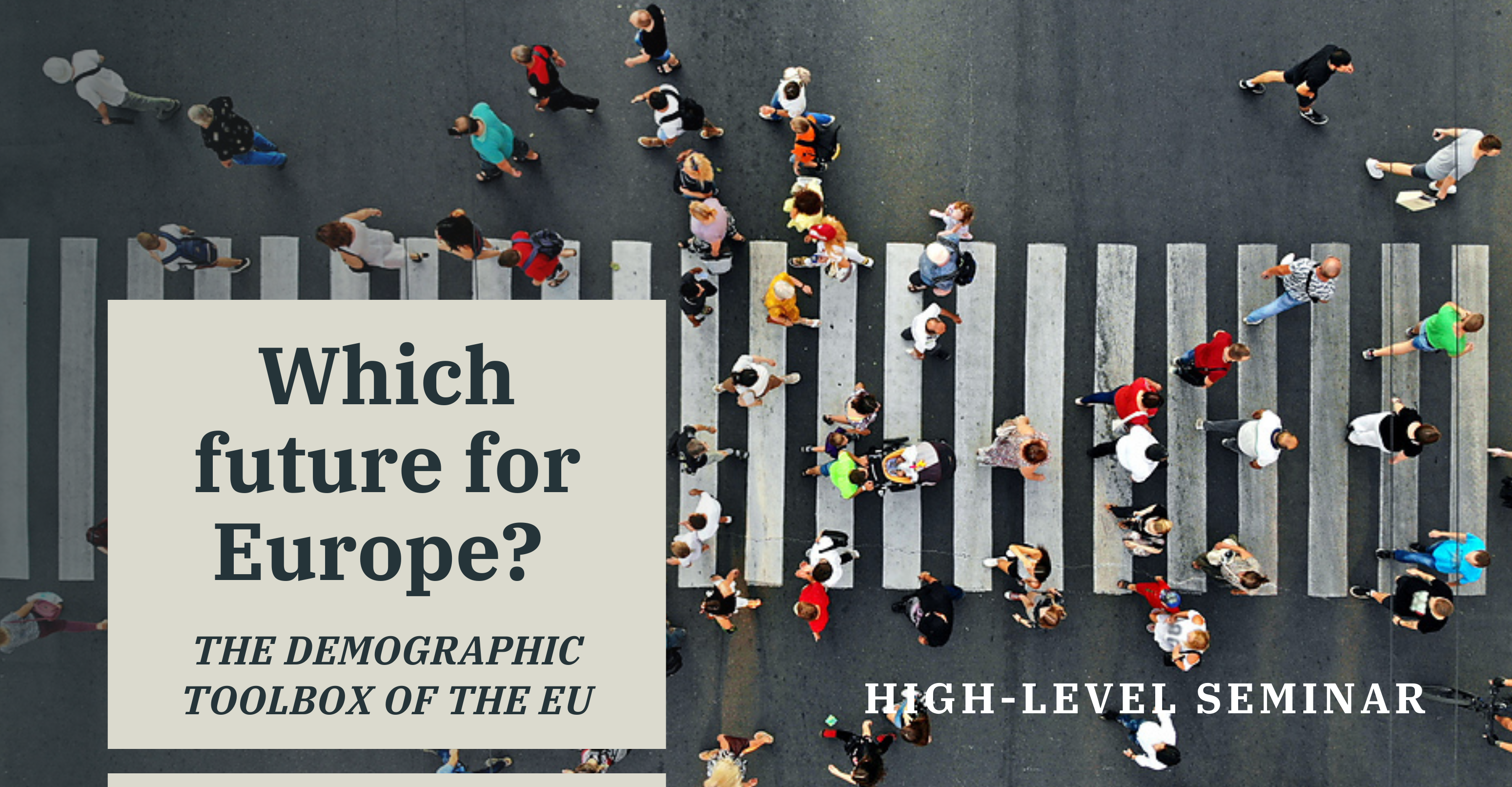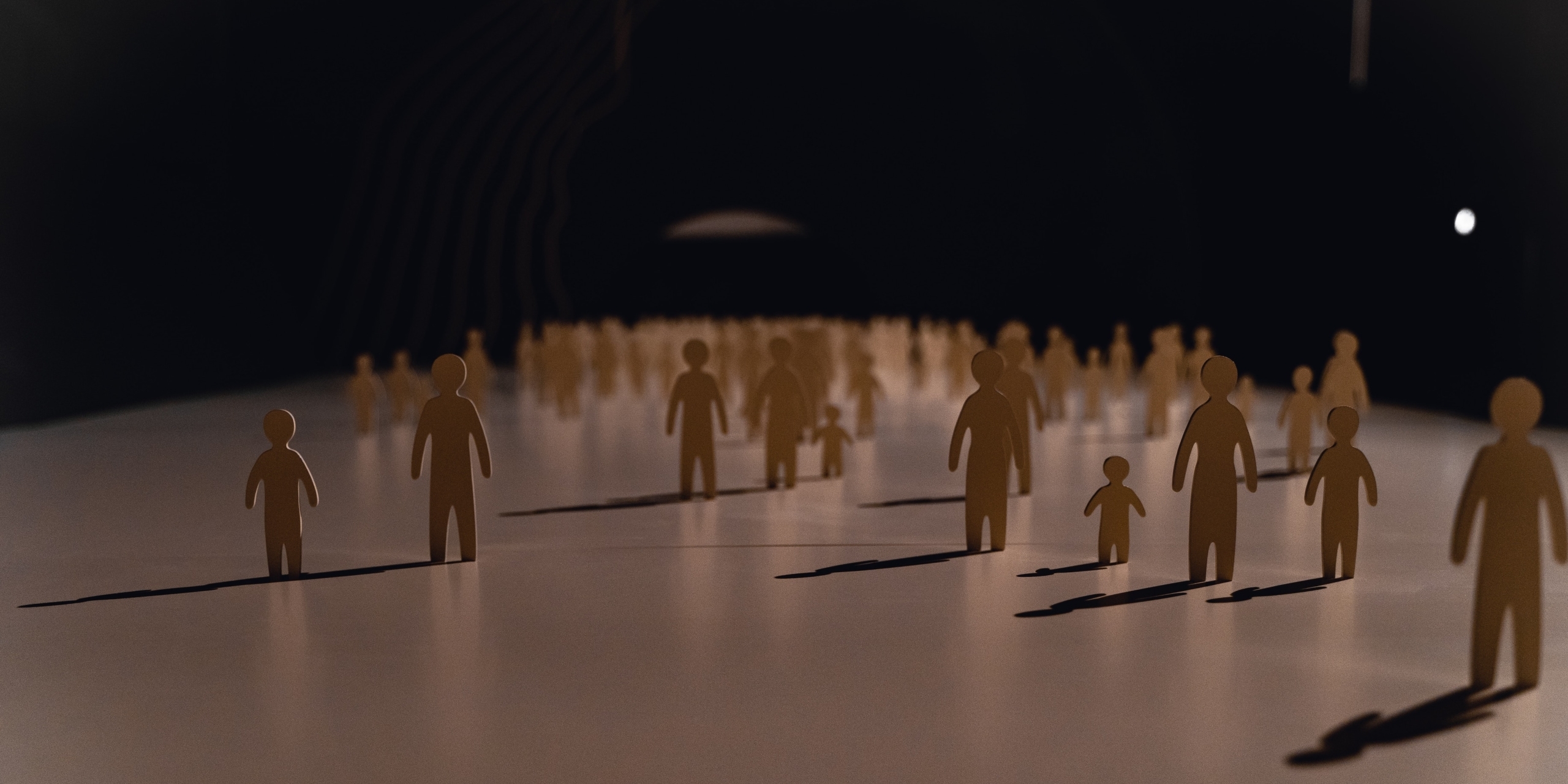Pornography
Much of the pornography currently produced and made available through the Internet stands in serious conflict with gender equality, tackling stereotypes, protection of vulnerable persons and the promotion of human rights. Harmful effects produced by the consumption and production of pornography have been documented. Pornography has been found to desensitize the consumer to sexual aggression, causing sexual aggression towards women, normalizing sexual assault, and also producing rape myths, all of which has serious consequences for any attempt to reach gender equality.The current legal reality is that there are very few effective regulations governing pornography either domestically in the European Parliament or Council of Europe region or internationally. We are trying to make awareness in this section of our site of this phenomenon in our today society which affects our families and our children.
Intervention of FAFCE President at the European Parliament on “The richness of the family and its relationships”
11 July 2022, FAFCE President, Vincenzo Bassi, took part to a conference at the European Parliament on the 6th of July 2022 on “The richness of the family and its relationships”, organised by the
European Parliament recent positions on care, mental health at work, women’s poverty, and abortion
8 July 2022, For the last Plenary before the summer, the European Parliament adopted several resolutions on the upcoming European Care Strategy, mental health at work, and women’s poverty, in addition to a controversial
LA FAFCE contribue au travail de la Commission européenne sur la fuite des cerveaux en zone rurale
1er juillet 2022, Le 21 juin 2021, la FAFCE a contribué à la consultation publique initiée par la Commission Européenne, intitulée "Fuite des cerveaux - atténuer les problèmes liés au déclin de la population".
FAFCE participation to a Council of Europe Webinar on the Best Interests of the Child in parental separation and care proceedings
Brussels, 28 June 2022 Last Tuesday, FAFCE participated to a Webinar by the Conference of INGOs of the Council of Europe on "Determining and Evaluating the Best Interests and Rights of Children in Parental
New logo to celebrate the 25th anniversary of FAFCE
New logo to celebrate the 25th anniversary of FAFCE Brussels, 27th of June 2022 On the 10th of June, FAFCE celebrated its 25th anniversary with the conference Celebrating the Beauty of the Family and
PRESS RELEASE | Demography, solidarity and responsibility: the challenges of today’s families
Demography, solidarity and responsibility: the challenges of today's families The World Meeting of Families: an opportunity for a new impulse in the service of families Brussels, 21st of June 2022 “We left moved and
Address of Pope Francis for the XXV Anniversary of FAFCE
14 June 2022, European delegates and representatives of the 32 FAFCE Members gathered in Rome on the 10th of June 2022 to celebrate the XXV Anniversary of the Federation. FAFCE President, Vincenzo Bassi, opened
PRESS RELEASE | Celebration of FAFCE XXV Anniversary in Rome with Pope Francis and European delegates
Rome, 9 June 2022 The Federation of Catholic Family Associations in Europe (FAFCE) celebrates this year its 25th anniversary. Delegates of Family Associations from all over Europe will gather in Rome tomorrow and meet
The EU Strategy for a Better Internet for Children recognises online pornography as a risk for children
24 May 2022, The European Commission published on the 11th of May 2022 its new EU Strategy for a Better Internet for Children (BIK+), which finally tackles the question of the children exposure to
PRESS RELEASE | FAFCE Autumn Board Meeting | Young people and mental health: families as their best allies
Brussels, the 27th of October 2023 A high level seminar at The European Economic and Social Committee (EESC), the blessing of a St. Joseph statue and the discussion on the current state of family policies have been at the
FAFCE 2023 Autumn Board Resolution I Young people and mental health: families as their best allies
Brussels, the 27th of October 2023 On the 7th of June 2023, the European Commission published a communication on a comprehensive approach to mental health. As the Commission highlighted the worrying fact that, “the mental health of our younger
PRESS RELEASE I FAFCE celebrates the 40th anniversary of “Charter of the Rights of the Family”
Brussels, the 23th of October 2023 FAFCE celebrates the 40th anniversary of the promulgation of the Charter of the Rights of the Family, presented by the Holy See on 22 October 1983, "to all persons, institutions and authorities concerned with the mission
CONFERENCE INVITATION I Which future for Europe? The demographic toolbox of the EU
CONFERENCE INVITATION Click here to register Please register by THIS THURSDAY, the 19th of October 2023 HIGH-LEVEL SEMINAR Which future for Europe? The Demographic Toolbox of the European Union 8.30 – 9.00 Registration 9.00 – 9.30 Opening
PRESS RELEASE I The Future of Europe at stake: publication of EU Commission Demographic Toolbox
Brussels, the 12th of October 2023 “Families should be the first priority of every political proposal, not on theoretical basis, but simply because they prepare the future of Europe. In this historical moment, where many are concerned by the
The Council approves conclusions on interconnection between mental health and employment, with a focus on precarious work
Brussels, 10th of October 2023 FAFCE welcomes yesterday’s Council publication of the first-ever conclusions on the interconnection between mental health and employment, with a focus on precarious work. On 9th October 2023, the Council, under the Spanish Presidency, has


